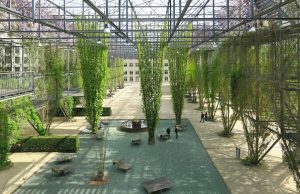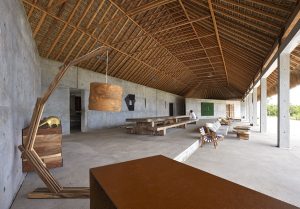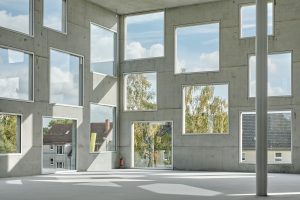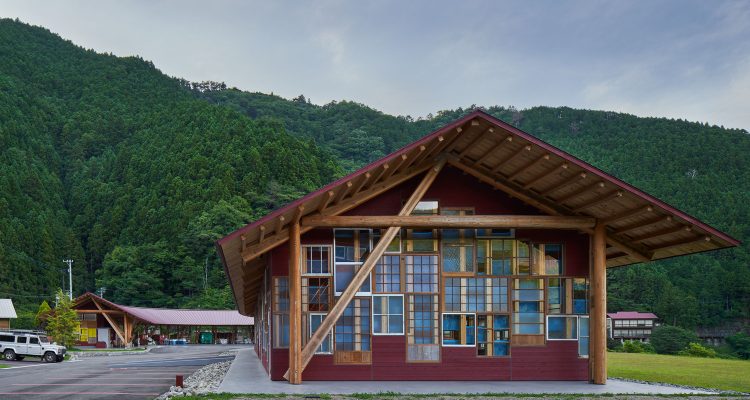Sustainability in architecture is often framed as a universal challenge, leading to standardized solutions that prioritize efficiency over context. However, architecture is inherently tied to its environment — buildings interact with climate, topography, and cultural history in ways that demand specificity.

Instead of relying on standardized sustainability checklists, how can architecture embrace site-specific solutions? This conversation is deeply connected to the concept of Genius Loci, or the spirit of a place, introduced by Christian Norberg-Schulz and embraced by architects advocating for designs that resonate with their surroundings. It suggests that architecture should not be imposed upon a site but rather emerge from it, informed by its materials, climate, and cultural significance.

This philosophy challenges the widespread application of generic sustainable technologies, instead proposing that sustainability must be inherently tied to the location in which it operates.
Sustainability as a Local Response
Site-specific design aligns closely with Neo-Rationalism, a movement championed by Aldo Rossi as a response to the universality of the International Style.

Rossi’s work illustrates how architecture can both reflect and transcend its context. For example, the San Cataldo Cemetery embodies a duality: its brick façade echoes the industrial vernacular of the surrounding landscape, while its geometric forms address contemporary design sensibilities. Similarly, Teatro del Mondo mirrors the Venetian canals and the built landscape of the city, demonstrating how architecture can be both contemporary and deeply rooted in its location.

This tension between globalized architectural trends and localized design serves as an example to rethink the way sustainability is commonly used. Being Modern, Post-modern, or Contemporary doesn’t mean being less capable of the qualities of design or less effective in responding to problems and circumstances. Being sustainable is ultimately about being able to “meet our own needs without compromising the ability of future generations to meet their own needs”.
Written by Diogo Borges Ferreir
Post Views: 111






Congratulation!